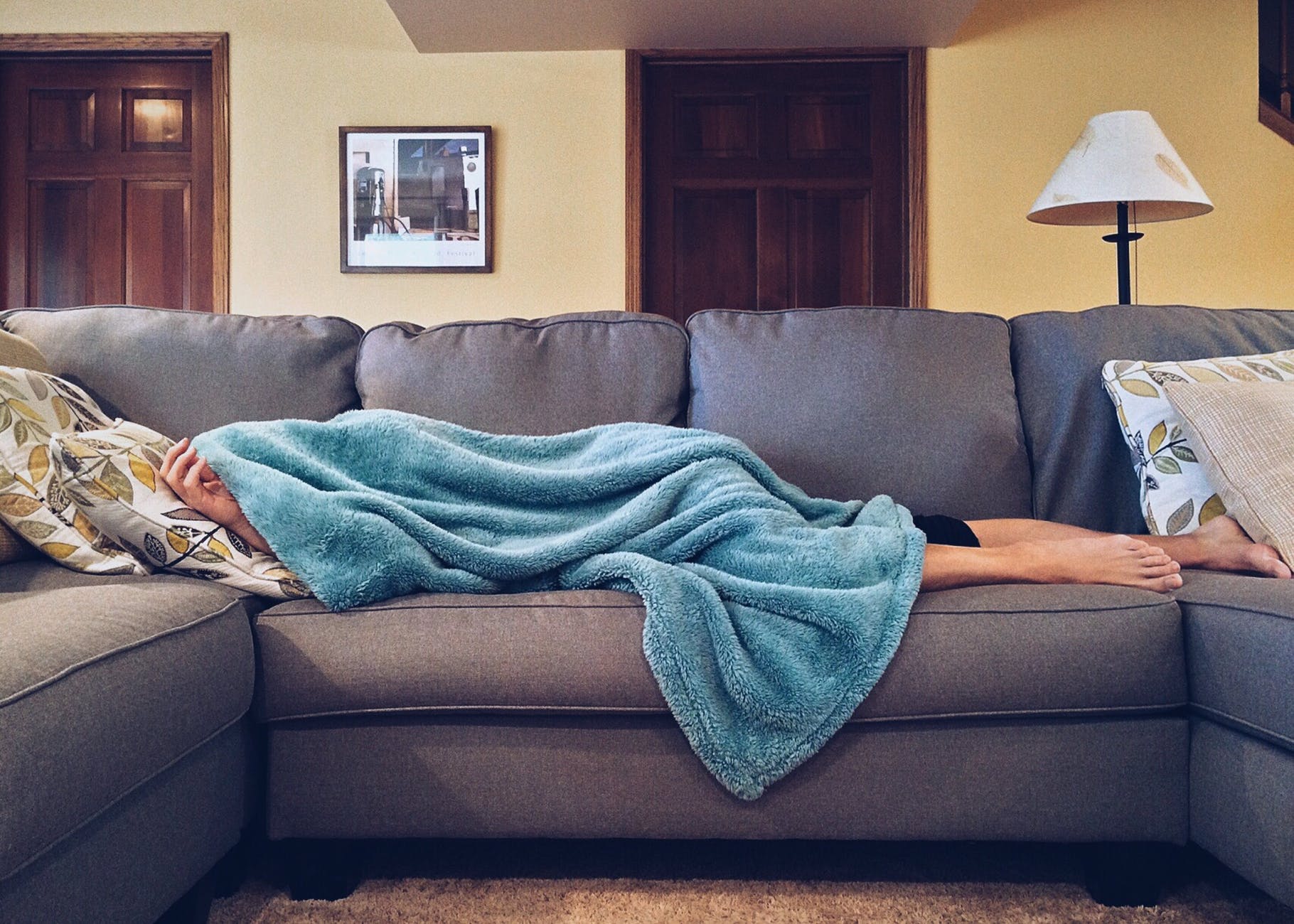
What’s Sleep Hygiene? (Plus, A Guided Meditation to Help You Relax)
Sleep is one of the most basic needs of humans, and getting quality sleep is essential for your mental and physical well-being. But how often do you get less-than-stellar sleep? When you’re running a busy house, it’s tempting to skimp on your sleep so you can conquer your to-do list, but sleep is a big priority for adults and children alike. If you wake up and are already counting down the seconds until bedtime, that’s a clear sign your body is screaming for more Zzz’s.
So how do you get the quality and quantity of sleep that your body deserves? By practicing sleep hygiene!
The Link Between Sleep and ADHD
The link between sleep and ADHD goes both directions. ADHD affects your ability to get quality sleep and a lack of quality sleep can exacerbate your ADHD symptoms.
The majority of people living with ADHD tend to have at least one of the following sleep-related problems:
- Difficulty falling asleep
- Feeling more alert and energized after dark
- Going to bed very late
- Difficulty relaxing (especially if you were hyperfocused on a task before bed)
- Difficulty awakening (regardless of how much you actually slept)
- Sleeping too much and still feeling tired
The above difficulties can impact ADHD in many ways. Not only do you feel tired (hello, brain fog!), sleep deprivation can diminish the effectiveness of ADHD medications! In addition a lack of sleep affects your physical and mental well-being. Lack of sleep:
- Weakens the immune system
- Diminishes working memory
- Makes it harder to concentrate
- Decreases creative problem solving
- Accelerates aging
- Affects academic and work functioning
- Lowers metabolism, increases appetite, and may even contribute to weight gain
- Increases irritability
ADHD symptoms — including hyperactivity, impulsivity, inattentiveness — may be exacerbated without enough sleep.
What Is Sleep Hygiene?
Sleep hygiene refers to both behavioral and environmental practices that promote good sleep. The term was originally coined in the 1970’s by experts treating insomnia, but the reality is that good sleep hygiene is essential for everyone. Good sleep hygiene helps you get the sleep you need.
16 Strategies to Combat Sleep Deprivation
- UNPLUG. Avoid TV and any technology 1 hour before bed
- Schedule relaxation time before bed
- Dim lights 1 hour before bed (and avoid all “blue lights” during this time as well)
- Try relaxation exercises or deep breathing
- Take a warm bath before bed
- Adjust your thermostat — cooler rooms enhance sleep quality so aim for 60-67 degrees Fahrenheit
- Keep your room as dark as possible during sleep
- Use a white noise/sound machine or an app for sleep sounds
- Gradually increase the amount of time you sleep, in 15 minute increments
- Start your bedtime routine earlier
- Keep a book by your nightstand
- Establish a consistent sleep schedule and try to head to bed at the same time every night
- Take a moment to imagine exactly what tomorrow will be like if you stay up too late
- Eliminate daytime naps
- Avoid caffeine at least 4 hours before bedtime
- Exercise helps you sleep better but avoid working out immediately before bed
These tips work well for children too. You can read more about children’s bedtime routines here.
Meditation and Relaxation
Have you ever laid awake at night with your thoughts racing? You’re not alone! It is nearly impossible to fall asleep with your mind racing.
A quiet mind can do wonders for sleep.
When it comes to practicing meditations or mindfulness, start small; consider a 1-minute meditation or mindfulness practice. You can also practice relaxation breathing:
- Take a deep breath in through your nose.
- Slowly exhale through your mouth.
- Practice throughout the day to create calm, and even in bed.
Try Progressive Muscle Relaxation:
How Can We Help You?
Take your self-care strategies to the next level with coaching. At NextStep 4 ADHD, we’re happy to provide 1:1 coaching for ADHD. If you’re struggling to eat a well-balanced diet or find the motivation to exercise, we offer online ADHD coaching via Zoom. Call 502-907-5908 or send us a message to request more information.
Don’t forget to sign up for our free newsletter so you can stay up-to-date with the latest news, free ADHD resources, and gain access to special events and more!
Learn More